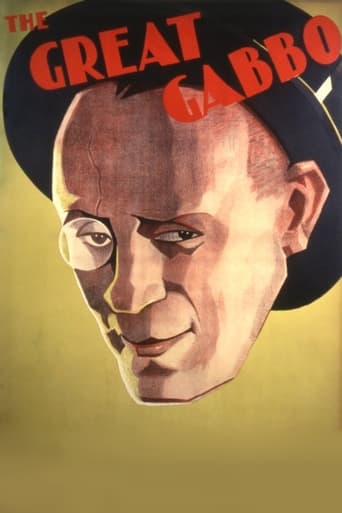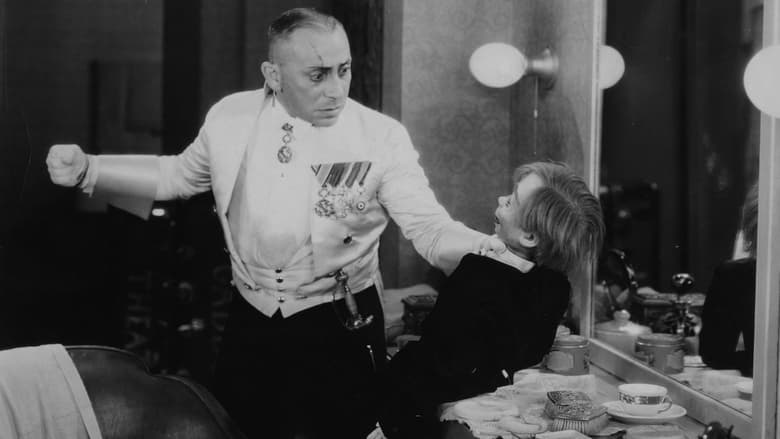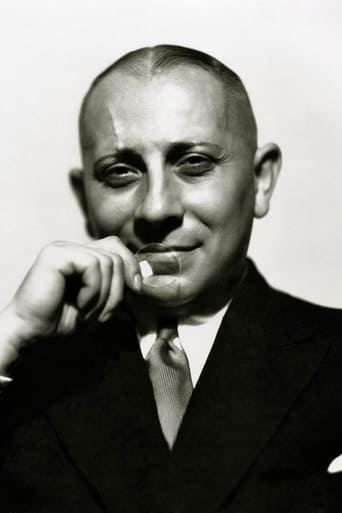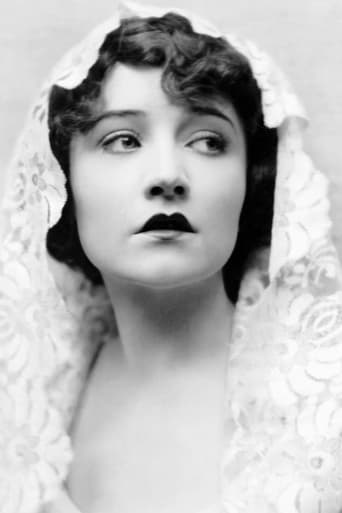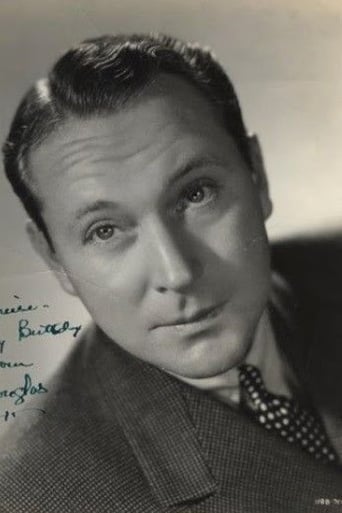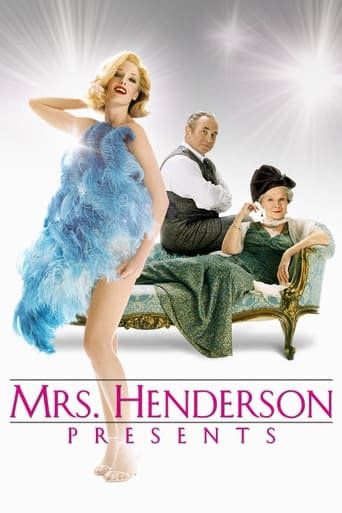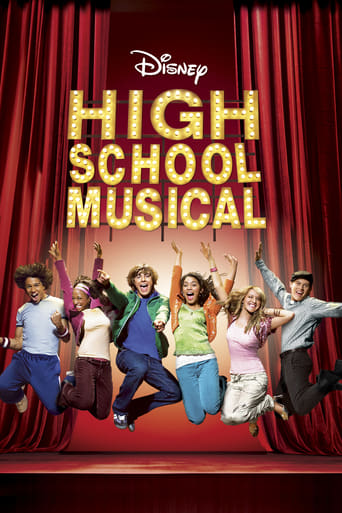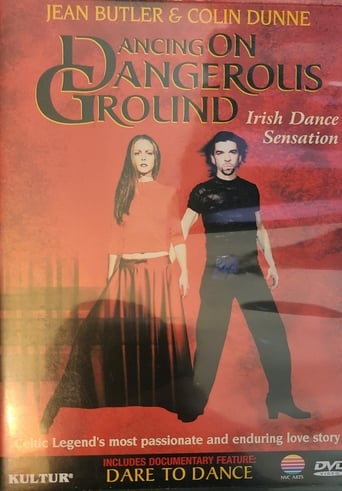The Great Gabbo (1929)
For the ventriloquist Gabbo his wooden dummy Otto is the only means of expression. When he starts relying more and more on Otto, he starts going mad.
Watch Trailer
Cast
Similar titles
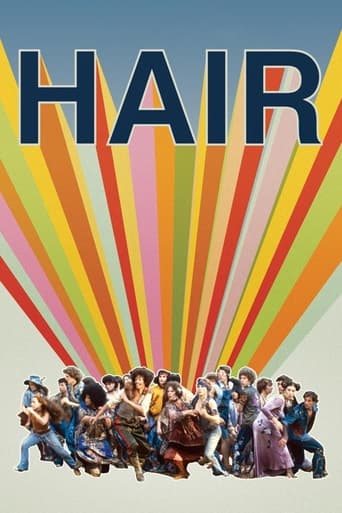
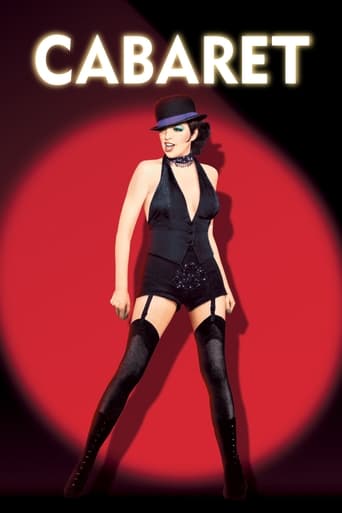
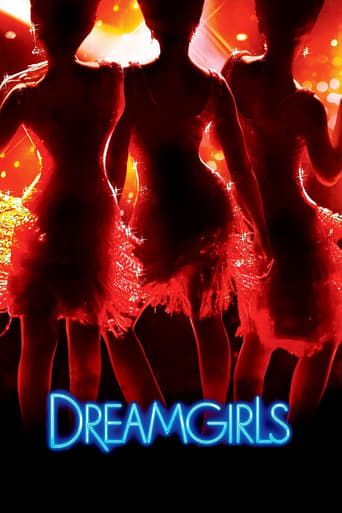
Reviews
hyped garbage
Good concept, poorly executed.
This is a small, humorous movie in some ways, but it has a huge heart. What a nice experience.
It's the kind of movie you'll want to see a second time with someone who hasn't seen it yet, to remember what it was like to watch it for the first time.
O.K., so Erich Con Stroheim ain't Garbo, but as Gabbo, he has the personality of somebody who belongs in solitary confinement. He is emotionally and verbally cruel to his beautiful girlfriend Betty Compson, and when she threatens to leave him, he simply acts like he doesn't give a damn. The very autocratic von Stroheim makes Otto Preminger look like a pussy cat, and while many of his later roles lacked in humor while playing very severe brooding older men, here he is actually quite funny. I don't think that there is anything funny about mental abuse, but the way von Stroheim plays the part, his character is so phony that he makes his dummy look real. Yes, von Stroheim plays a ventriloquist, although not a very good one. Even though his character is a headliner in vaudeville shows and eventually makes it to Broadway, it is obvious that he is not actually speaking when the dummy speaks. It is obvious through his singing that somebody else is doing that, and that makes this unintentionally funny.Even funnier are the ancient musical numbers, some so funny and bizarrely staged that they have to be seen to be believed. "Every Now and Then" is actually one of the best numbers of the early sound era, with the chorus girls and boys wearing white in the front and black in the back, and when they turned it gives a very interesting effect. Another musical oddity is a musical number utilizing a giant spider web, resembling some of the most over-the-top musical numbers of this time, including the "Turn on the Heat" production number from 'Sunny Side Up", the giant idol dance from "Just Imagine" and Winnie Lightner's camp classic "Singing in the Bathtub" from "Show of Shows". Fortunately von Stroheim doesn't get involved in the dancing, only singing or pretending to, when his dummy is singing. Betty Compson is a very attractive and personable young lady, and when they are reunited when he headlines a Broadway revue where she is now part of a singing and dancing team, it brings on a break down for him that has to be seen to be believed.Yes, Max from "Sunset Boulevard" is acting most melodramatic in an early musical that actually looks pretty expensive considering that it came from one of the Z grade studios of the era, Sono Art World Wide. A montage towards the end is an interesting blend of special effects and flashbacks, and von Stroheim shows off his overacting abilities in his attempt to show this characters possible destruction. So as a curiosity, this is very much worth seeing, & I have seen it several times. Actually each time I see it, it sorta grows on me even more, and I have to call this one of the big surprises of the early sound era. Some of the chorus numbers have so many singers and dancers in them there seems barely any room to move on stage, but these early movie musicals we're certainly not at all realistic in a Broadway sensibility.
Note: This review does NOT contain spoilers!Apparently I typed the word "spoiler" in my review, and IMDb's software flagged it as "may contain spoilers" *slaps forehead* Anyway, read on with confidence...Once again I am dumbfounded at how a great movie can get such a low rating on IMDb. All I can guess is that most of the voters were expecting to see a Gene Kelly-type musical. If this describes you, then leave now. "The Great Gabbo" is about as ANTI-musical as a musical can get. It is a heavy, ponderous, gripping story with more drama than Francis Ford Coppola could ever eke out of a reel of film. It is a compelling and surprisingly complex journey into the mind of a bizarre man.I saw this movie just after watching the 1991 Cannes-award-winning "Van Gogh", and I have to tell you, this beats the pants off of that trash. Whereas the stereotypical story of the misunderstood artist depicts the protagonist as a static character, Gabbo is a highly dynamic individual who keeps us guessing throughout. Is he a good man? Is he a bad man? Is he sane? Is he mad? These questions are not answered until the spectacular & powerful finale, and even then there is much room for speculation.(As an aside to you Kurosawa fans, the structure of this film is much like Kurosawa's 1952 classic "Ikiru", at times slow but building up to a powerful and unforgettable finish. And the final image deserves its place in the Louvre.)Regardless of if you're prepared for this type of experience, one thing is for sure: the amazing performance of Erich von Stroheim will burn itself into your mind forever. This film, being one of the early talkies, does not mix much dialogue and music. That is, the spoken scenes are done in silence with no music underneath (much like the 1931 Fritz Lang masterpiece "M"). This means that the actors must carry the entire scene on their shoulders, like in the old days of Shakespearian soliloquies. Erich von Stroheim rises to the challenge in this minimalist setting, and HE DELIVERS. In some scenes he makes you hate him. In others you love him. He can elicit pity as well as admiration. What a roller-coaster ride! Pitted against the heavy drama, the musical numbers seem jarring and incongruous at first. But on further reflection we realize that this emphasizes the bipolar, schizophrenic nature of the subject. Just like Gabbo, a man divided between two worlds, this film divides itself between Broadway musical and psychological thriller. This movie was at least 80 years ahead of its time, if not more.That's all I'll say because the rest is best experienced as a surprise. This is the best film I've seen in a long time, and the only reason why I'm rating it an 8 instead of a 10 is that, sadly, the original colour scenes were lost, and some of the scenes are in need of restoration on my DVD copy. We can only dream of what it was like to see "The Great Gabbo" as it was originally shown in 1929.
The Great Gabbo "The Great Gabbo" is one of the finest examples of American Communist Propaganda films of the early 1900's existent today. It is a master piece of film literature, when you consider the limitations of the technology of the day. Vitaphone, the technology used to cut a vinyl record of the speech or music as the action was filmed, was new and very expensive, and made film editing a nightmarish chore if not impossible.The script employ's Epic Theater techniques taught by Bertolt Brecht. In this respect it is a thinker's film, the film forces you to think. From the very beginning to the end you are constantly quizzical about behavior, motivation and environment. This is a musical comedy, right? How and why is the title card segment at the beginning of film different from other "musicals". Meet the self-absorbed individualist Gabbo who never acknowledges others who help him gain fame, his ventriloquist dummy Otto, and his stage partner Mary.We soon realize that Gabbo has very superstitious religious beliefs. While he does not perform a sign of the cross, we know that he operates under the fear of his destined fate from unseen mystical powers. For instance when Mary inadvertently places his hat upon the bed, Gabbo calls Mary a foul name saying "Don't you know that it is bad luck?" Mary, in response, lists a series of activities which might displease and bring about the wrath of an angry immortal. She is more practical stating, "We make our own bad luck." The comparative is the communist environment of the musical theater. Everyone works and does their part for the betterment of the show. Here, once Mary leaves Gabbo, she too climbs to the top and find success in her profession as a singer and dancer with her partner/husband Frank. Gabbo and Mary are both successes in their professions, who then is happier? Who is more honest in their success? Capitalism is treated as an impertinent side note to the values being discussed. Capitalism is the financier management of the show and it seeks gain through investing in both ideals.The film contrasts individualism versus communism. Many reviews have missed the underpinning effort of the writers and directors to use epic theater, and there blatant agenda to use it to teach the values of communism. They often deride the films production numbers as being unpolished and lacking flair. I ask, how could a film made with the intent to teach communistic ideals express them more eloquently? The ideal of community is not a flawless world, but a world where everyone does what they can to contribute to the whole. Some dancers lag behind the others yet they are there doing there part. Some simply walk from one place to another. The stage is full, busy and the message is understood. The imperfect dance numbers, in the epic theater style, emphasize the communistic ideal not detract from it. Few people would dare be as direct today.The sad thing about communism's failure is that without community all we have left is individualists who, like Gabbo, are only self-absorbed and care nothing for their neighbor, nor acknowledge supportive people.This film is a treasure that should be studied over and over. There are so many messages you simply can not absorb them in one viewing.Watch for Otto's "I'm laughing" song sequence, it is a precursor to Bobby McFerrin's "Don't worry, Be Happy." An interesting comparison is with this film's theater community and with the community environment of Los Angeles in the modern movie "Crash." How are they the same? How are they different? How are messages of these two films different? How are they the same? Think about it.If you don't own a copy of these films you should. I give "The Great Gabbo" two thumbs up and a black and blue stubbed toe. I guess I'm a little like Maryaccident prone. Oh and have a nice day. Be Happy!
Though I agree with previous reviewers' comments about the good performances turned in by Erich Von Stroheim and Betty Compson, I thought the movie was disappointing overall. There isn't really much of a story, the dramatic scenes are often slow, and the rather bizarre musical numbers are poorly integrated into the plot. I'm not sure why this movie isn't classified as a musical, though; it has as many numbers as "42nd Street" and other similar titles from about the same period. Unfortunately, as a previous reviewer said, these scenes are not as creatively done as those by Busby Berkeley; the choreography is often unappealing, and the dancers don't look very well-rehearsed, though there are some bright spots.Interestingly, the contemporary "Variety" review mentioned a color sequence in the film, which was not present on the Video Yesteryear VHS copy I watched. I wonder if this piece is lost, or available on other editions?
